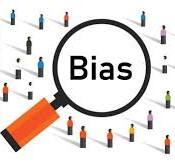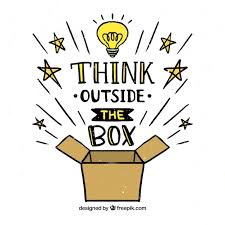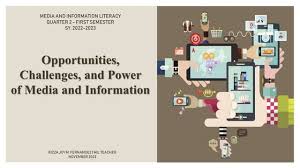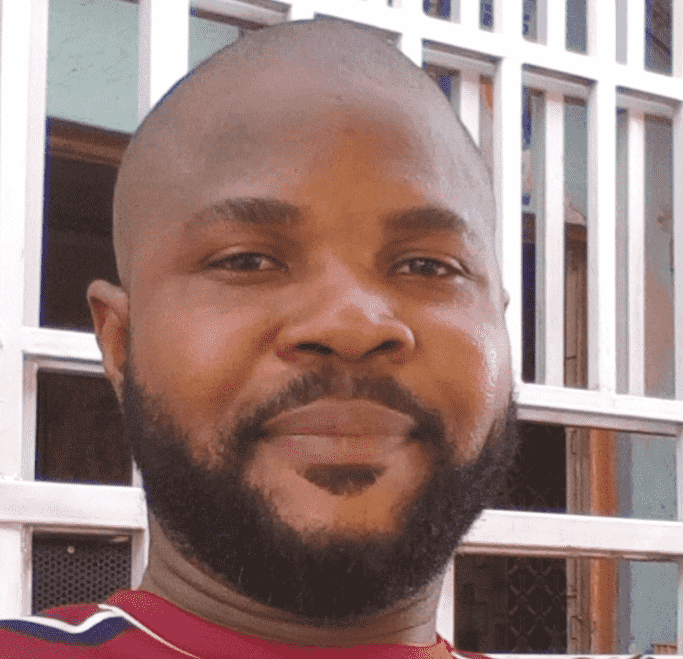
Nigerian Developmental Journalist Chidi Matthew Nwachukwu on the Trends Impacting Media
Behind every policy, event, and trend is a lived human experience with a story worth telling. Although this critical notion is often forgotten by the mainstream media, it motivates every piece of reporting from freelance developmental journalist Chidi Matthew Nwachukwu.
As a Nigerian journalist specializing in investigative and human-centric reporting, Nwachukwu leverages his unique perspective to tell impactful stories around the world. 5WH recently had the chance to ask Nwachukwu about his goal of positively influencing communities through relevant reporting.
Here’s what he shared:
Q: Of the many changes taking place in the media industry in Nigeria, what recent shifts have had the biggest impact on your day-to-day life?
A: In Nigeria, the Artificial Intelligence (AI) thing is becoming the center of concentration. Everybody is looking in the direction of AI, which by my reckoning isn’t a bad idea, but the concern is that the advent of AI has made many journalists lazy and unwilling to task their brains in delivering quality content to the reading public.
I know a couple of journalists who do not carry out research anymore, but rely wholly on the provisions of AI for their entire work. I feel that such practice should be eschewed by journalists. Even to write news, they fall back completely to AI. I feel the right thing to do is to get the most technical information about a subject matter from AI and build on it with one’s own creative ability and experience.
Another change that has occurred in recent times in the media space that I find disturbing is the fact that news these days is no longer what it used to be. Back in the day, news content was subjected to proper scrutiny before being released into the media space for public consumption; but with the way things have changed over these past few years, the bulk of the news that filters into public space is usually unverifiable, misleading, and false at best.
There are now more fake journalists (who call themselves bloggers and vloggers) than there are real and experienced journalists. These fake journalists do not adhere to international best practices when dishing out their content. Most times, they are just too keen on releasing sensational content than releasing edifying and enriching content, and they do this most times with their mobile phones. In fact, nowadays, everybody is a journalist. They have their mobile phones to record information and quickly put it out in the public space. Obscene pictures and disturbing content that should be censured and tagged “viewer discretion” are just dumped on the consumers of media content, causing them untold emotional and psychological trauma.
Q: What components of reporting are more difficult than they used to be?
A: Well, fact-checking is a bit easier these days, going by the availability of the internet resources for all kinds of fact-checking purposes, though not all resources are available on the internet for fact-checking purposes.
Seeking sources can sometimes be very difficult as many people, by default, tend to shy away from speaking to journalists. Even people who do not have any reasons to be scared of journalists will just cringe at the instant you introduce yourself as a journalist. It’s that funny.
In Nigeria, for instance, getting people to open up to you on issues that concern them and their environment is often difficult because of fear and lack of trust. And it’s even more difficult to get the people in authority to talk to you, as they often barricade themselves entirely from the public with their heavy security. Sometimes, the only way to gather information from the people in authority is by carrying out undercover investigations and sting operations. If not, one may never be able to get information from such sources. In extreme cases, journalists pay huge sums of money in order to obtain useful information from sources.
In the Northern part of Nigeria, for instance, it is very difficult – almost impossible – to get women to talk to you about the issues that concern them; and incidentally, they are even the ones that are most affected by gender inequality, illiteracy, diseases, and many other debilitating issues. But getting them to speak up is very difficult owing to their religious background and culture. The Northern Muslims frown at women talking in public. They believe that women should be seen, not heard. Their women are not allowed the freedom and right to socialize and interact freely with people from other religions and tribes, and these are some of the issues that have continued to plague the Northern women of Nigeria.
So, it then becomes very difficult to have robust interactions with such shy and unavailable women. It’s really very difficult.
And finally, keeping readers engaged is also very difficult as there is now a plethora of information flying around and distracting the attention of readers. So, for a journalist to be able to keep readers engaged, he must be on top of his game. He must be able to churn out engaging and captivating contents that can keep his readers on the edge of their seats. A journalist who wishes to gather the most readers must go out of his way to put together entertaining, educative, informative, and engaging content.
In Nigeria, for instance, people do not normally read about serious issues such as the ones that border education, science, international affairs, and the environment. But they love to read about politics, entertainment, gossip, and all the other sensational issues. So, a journalist must be creative enough to write serious issues in entertaining ways that will capture the attention of the readers.
Q: Have you embraced any digital tools in your reporting in recent years? If so, which ones?
A: In the meantime, I am hooked on Twitter. I intend to create a Tik Tok account soon enough. Most times, I source vital information on Twitter, and it has been very helpful to me.
Q: On a scale of 1-10, how concerned are you about AI’s impact on journalism? If you’re very concerned, what impacts worry you the most?
A: Well, I will say 7, because Artificial Intelligence (AI) is threatening to completely substitute humans in the journalism workforce. AI can do almost everything that humans were doing before now, so people have to be on top of their game to stay relevant in the face of the AI rave. The only thing that AI cannot do is perhaps the investigative journalism thing and the creation of certain local and remote content. But apart from these, AI can put together any other content that you may need for your work.
And like I pointed out earlier, the use of AI has made many Nigerian journalists lazy. They hardly task their brains anymore. They just sit down and leave AI to do all the work for them. That is very disturbing! If this trend continues at this rate, we may soon not have humans in the journalistic field to do the jobs that humans should ordinarily do. There is a limit to what AI can do. It is at the limit of AI’s usefulness that humans should take on their roles as creatives, originals, and inimitable.
Q: Is there anything you’re particularly optimistic about for the future of digital reporting?
A: I’m very optimistic about the fact that digital reporting has taken its rightful place in bringing the far edges of the world to a meeting point. Reporting has become much easier now than it used to be in the centuries gone, and journalists can indeed maximize this innovation for maximum impact in their profession.
I’m optimistic about the fact that digital reporting will become the fastest means through which solutions to so many world problems can be proffered. Our world is moving at a very fast pace, so journalists should not be exempted in this race against time.
I’m optimistic about the fact that the information barrier will soon be totally eradicated, so that unlike the centuries gone, there will be no more inhibitions to accessing information, and interactions will become top-notch.
Q: What keeps you up at night as a journalist in 2023?
A: As a journalist, I’m deeply worried about how the actions and inactions of my fellow journalists across the world are shaping the trends and impacting the world (talking especially about the negative impacts).
Many journalists, instead of employing the power of their pen in setting agenda for the development of the world, are rather employing it setting the world back. Propaganda and other malicious contents are often creations of bad journalists. Many journalists allow themselves to be bought over by powerful and anti-people elements, thereby yielding their rights and powers as “protectors of the people and speakers of truth” to these unscrupulous elements. In Nigeria, for instance, many journalists allow themselves to be used as willing tools by politicians. It is a very sad thing to behold.
I believe that journalists can work assiduously to change the negative trends that are daily threatening to swallow up our world and denigrate our humanity.
I also spend a lot of my nights brainstorming and finding ways to become a more efficient and impactful journalist. I want to be remembered as the journalist that impacted the most on humanity by speaking truth to power and protecting humanity.
I suggest that journalists take their work very seriously. They should continue to set agendas for the governments and authorities of the world. They should continue to speak the truth in defense of justice, fairness, and equity, and they should serve as agents of development rather than purveyors of falsehood and half-truths.
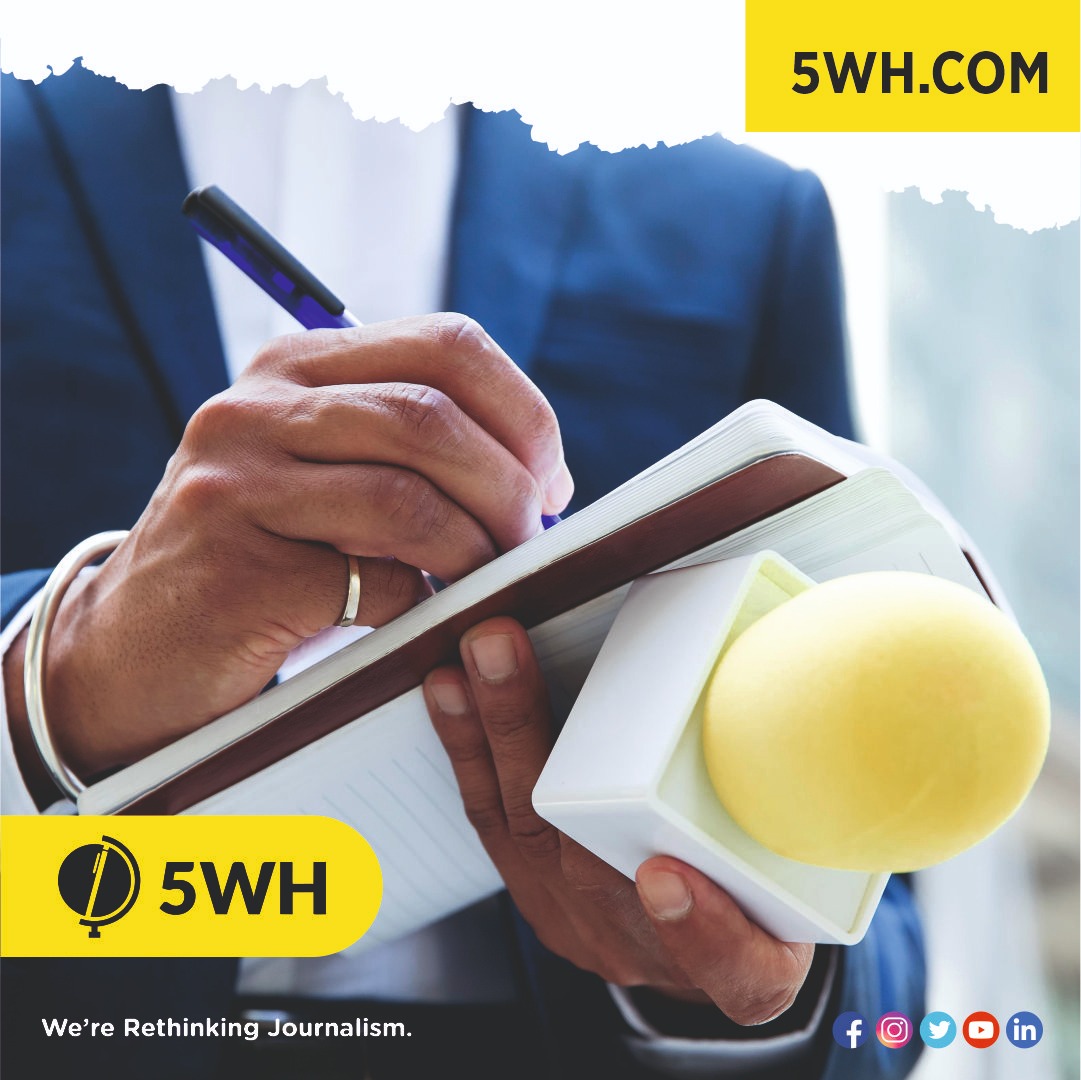 Dedee Droege
Dedee Droege



